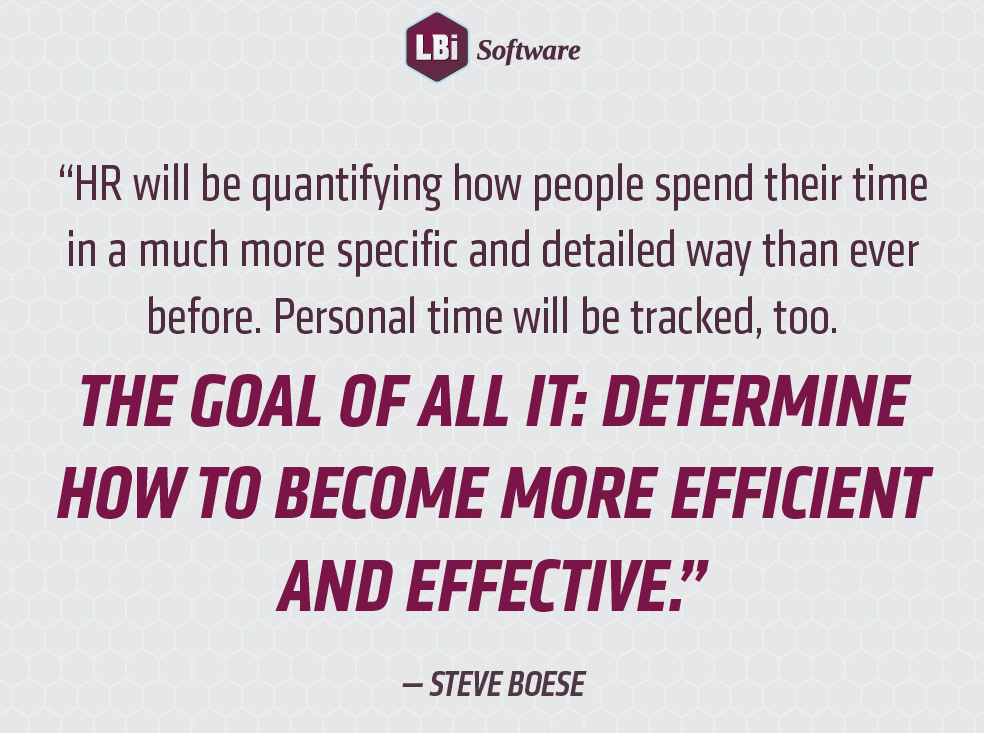Beyond being respected for their keen insight and engaging perspectives of all things related to human resources, what do Stacey Harris, Steve Boese, Robin Schooling, Paul Hebert, and Lance Haun have in common?
They all participated in our new paper, "The Power of HR Technology in the Quantified Organization." This new Lightpaper™ (a new generation of responsive-content publishing) offers the attitudes and opinions of these thought leaders about:
- What the "datafication of HR" means to them, and more important, what it should mean to HR leaders today
- How the role of HR technology has changed to meet the demands of the quantified organization
- What area of HR technology is most likely to have the most immediate and measurable impact on, or in, the quantified organization

Stacey Harris, with Sierra-Cedar, says that for HR to play its best role in today's quantified organization, it needs to review internal and external metrics. But she advises that HR is historically prone to searching outside the organization for data before it examines what's happening inside. Harris urges HR leaders to ask whether this data really applies to their organization.
Steve Boese, with the HR Technology® Conference & Expo, says that the way HR technology is evolving, HR will soon be quantifying how people spend their time in a much more specific and detailed way than ever before – not only while they're online at work or using the company's software, but tracking their personal time, too.
HR strategist Robin Schooling argues that the next step for HR technology will be software that offers better and more robust predictive modeling to enable HR to get ahead of the game on employee retention. It's an improvement that she says is coming none too soon.
Lance Haun of The Starr Conspiracy believes you could make a compelling argument that HR data has the potential to have an impact throughout the entire organization. Learning and development, Haun hopes, is an area in which HR datafication will have the most immediate impact. Because, he asserts, most organizations simply don't know their own people.
Something of a contrarian, Paul Hebert makes the case that sometimes HR uses data the same way a drunk uses a lamppost: for support, not illumination. He says HR technology needs to help HR better understand why the data says what it says, not just set HR up to react to the data.
The bottom line: "The Power of HR Technology in the Quantified Organization" is chock-full of easily accessible, highly readable wisdom and delightful opinions for HR leaders today.

